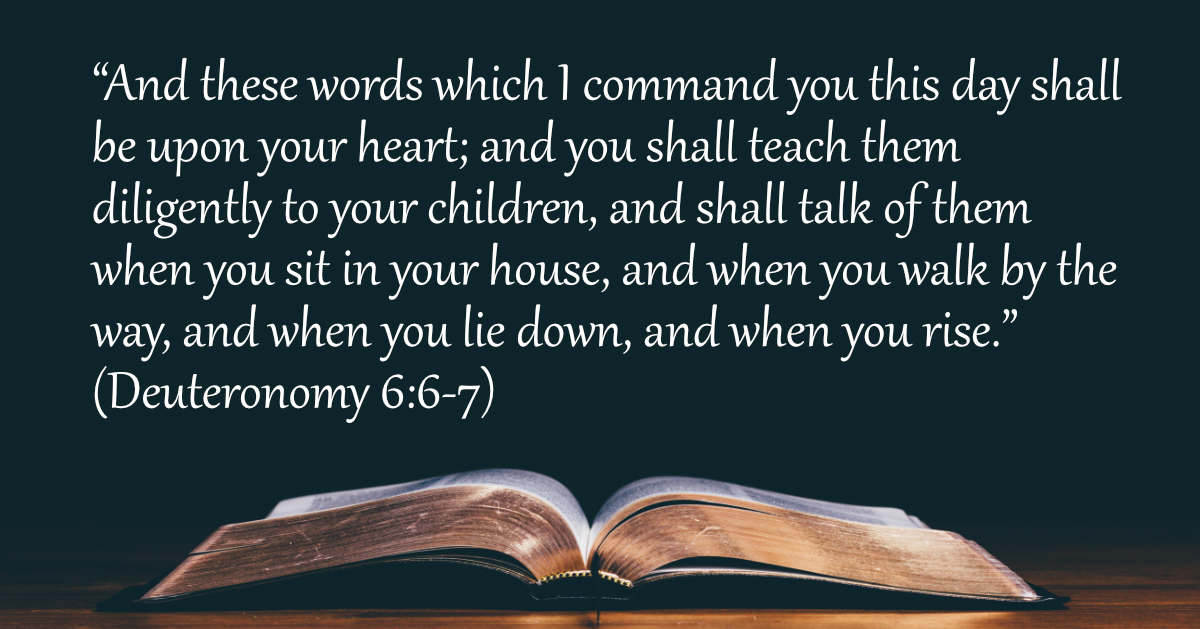
“In God is my salvation and my glory: the rock of my strength, and my refuge, is in God.” -Psalm 62:7
A Loving Tribute to Psalm 62:7
Psalm 62:7 speaks deeply to the heart of every believer seeking solace, strength, and steadfastness in their spiritual journey. This verse reminds us that God is not only the source of our salvation and eternal hope but also the bedrock of our strength—a safe haven amidst life’s storms.
To know that our glory lies in God emphasizes that our worth is defined not by the world’s fleeting standards but by our Creator’s infinite love and grace. The imagery of a “rock” evokes an enduring stability, an unyielding foundation upon which we can anchor our lives. It calls us to rest in the refuge that God provides, a place of unparalleled safety where no hardship can overwhelm the believer’s soul.
Supportive Scripture:
- Psalm 18:2 echoes this sentiment beautifully: “The Lord is my rock, my fortress, and my savior; my God is my rock, in whom I find protection. He is my shield, the power that saves me, and my place of safety.”
- Isaiah 26:4 offers yet another affirming word: “Trust in the Lord always, for the Lord God is the eternal Rock.”
- Matthew 7:24-25 teaches us about building our lives upon the solid rock: “Anyone who listens to my teaching and follows it is wise, like a person who builds a house on solid rock. Though the rain comes in torrents and the floodwaters rise and the winds beat against that house, it won’t collapse because it is built on bedrock.”
These verses collectively highlight the unshakable refuge we find in God, a reminder that our faith in Him grants us peace, protection, and purpose.
Reflective Questions (NLT):
- How can you actively trust God as your refuge and strength in your daily life?
- What does it mean for you to find your glory in God, rather than in worldly achievements or possessions?
- When you face hardships, how can you turn to God as your rock and refuge, rather than relying on your own strength?
Moral Thoughts and Takeaways: The world today often emphasizes self-sufficiency and personal achievement, urging us to find our identity in success, material possessions, or societal approval. Psalm 62:7 flips this narrative, teaching us that true strength and glory come not from within ourselves, but from our dependence on God. Christianity today faces challenges of secular distractions, yet this verse reminds us to remain rooted in our faith, finding our worth and refuge in Him.
As believers, this means prioritizing our relationship with God, seeking His presence daily, and relying on His promises rather than our own plans. It calls us to live lives that reflect His glory, serving others with compassion, trusting Him with our struggles, and celebrating His grace in every situation.
A Prayer: Heavenly Father, you are our rock, our refuge, and the source of our salvation. When we are weak, you are our strength. When the world feels overwhelming, you offer us safety and peace. We thank you for being our firm foundation, always faithful and unchanging. Help us to trust in you fully, to seek your glory above all else, and to find our worth and purpose in your love. Let our lives be a testimony to your greatness. May we always turn to you, our eternal Rock, in times of trouble and joy alike. In Jesus’ name, we pray, Amen.
Meditative Thought/Scripture for the Day: “Trust in the Lord always, for the Lord God is the eternal Rock.” – Isaiah 26:4
As you go about your day, let the imagery of God as your rock inspire you to find peace and stability in Him. May His unchanging nature fill your heart with confidence and hope. God Bless You All~











